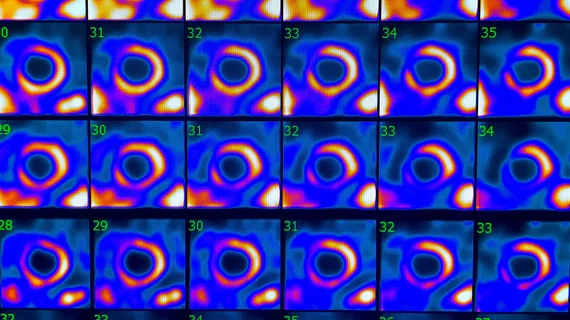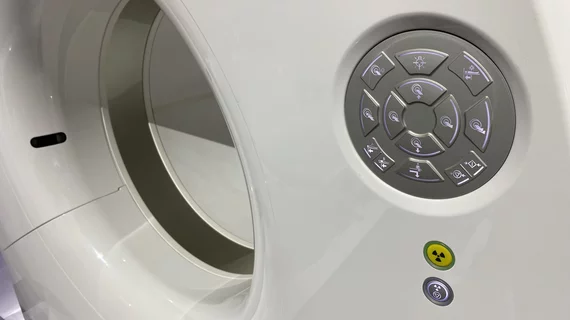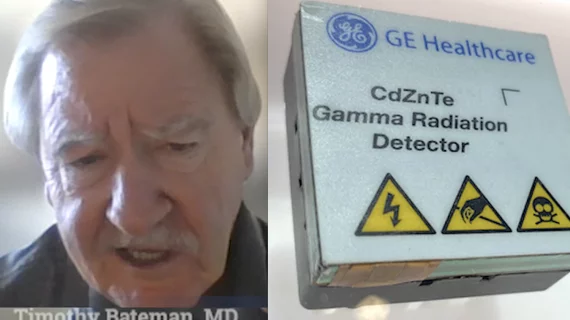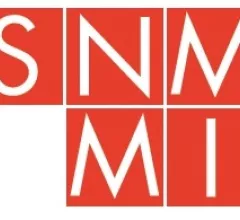Cardiac SPECT
Single photon emission computed tomography (SPECT) is a nuclear imaging modality that uses injected radiotracers to image heart cell metabolism to show functional information on the heart. Cardiac SPECT is used for myocardial perfusion imaging (MPI) and represents the vast majority of nuclear cardiologic imaging exams each year. It is used to determine if a patient has ischemia or an infarct and if revascularization of the coronary arteries will help the patient experiencing chest pain or a heart attack. The FDA has approved four radiotracers for MPI, including thallium-201, 99mTc-Sestamibi, 99mTc-Tetrofosmin, and 99mTc-Teboroxime.










